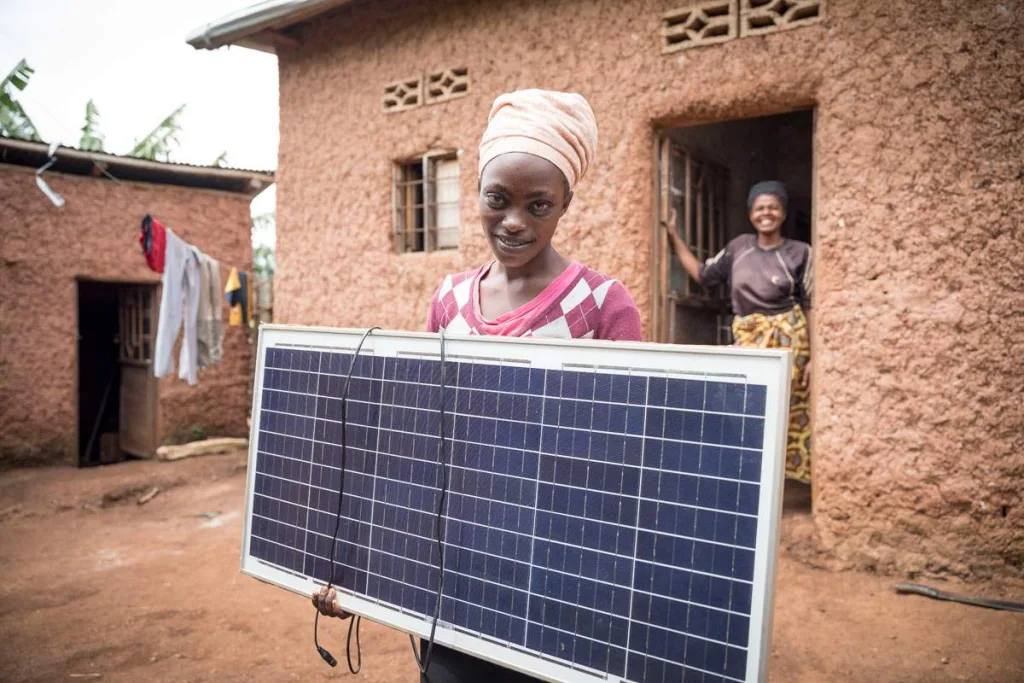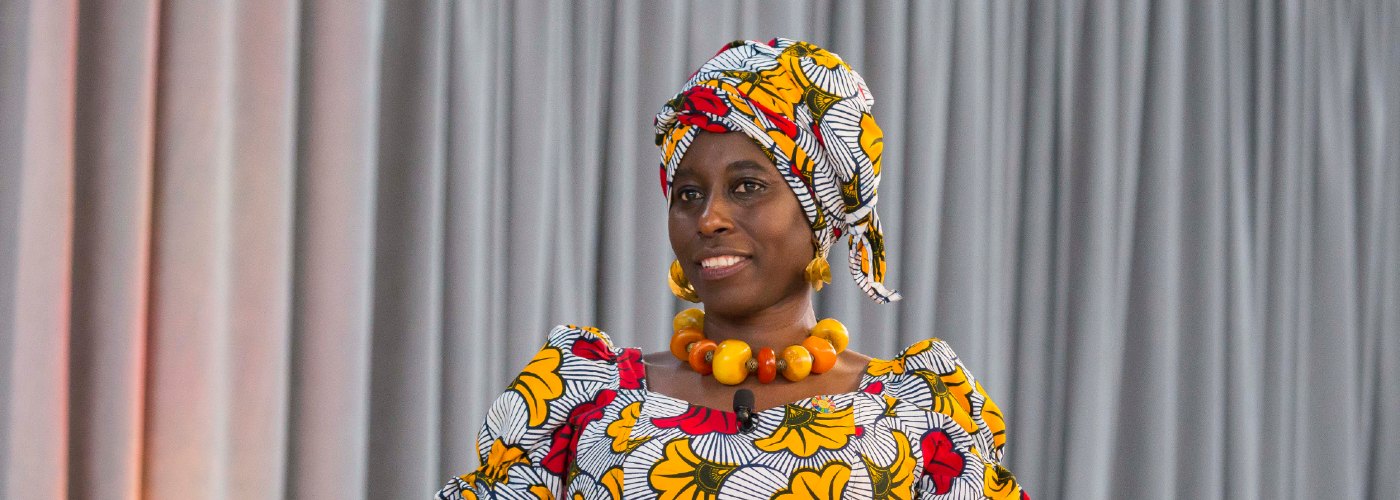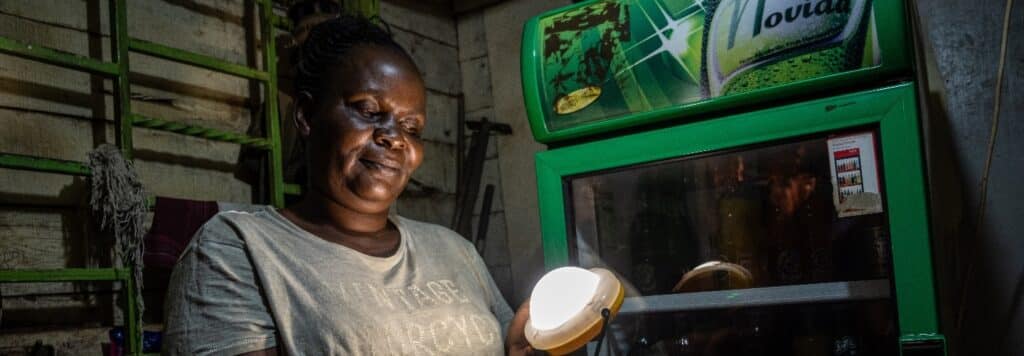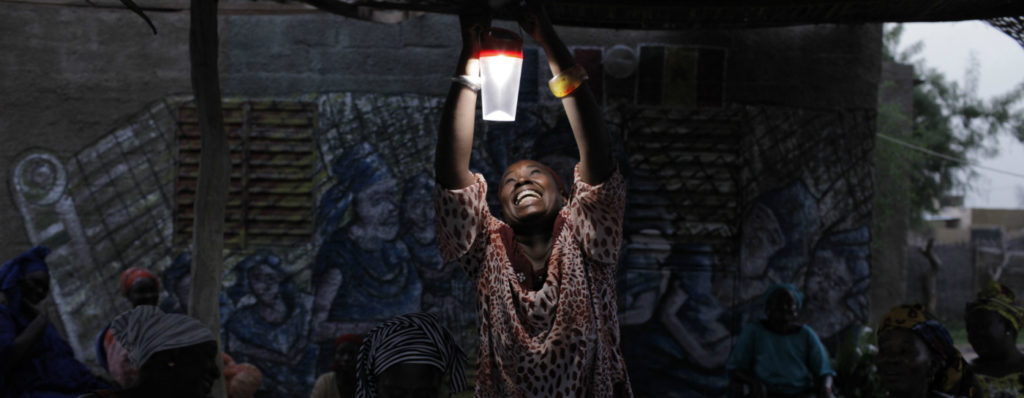The missing piece of the clean energy transition
August 29, 2024
2.4 billion people worldwide lack access to electricity and clean cooking fuels, this is “energy poverty.” Hivos’ Sheila Oparaocha gave a TED Talk about addressing energy poverty and the health impacts and how we can change our approach to energy and the energy transition.
Sheila, Director of ENERGIA, wants to challenge how we think about energy and development on a global scale. Her work with ENERGIA has highlighted the need to address energy poverty: a global crisis affecting billions, depriving them of basic access to electricity, clean cooking fuels, and other critical resources. Energy poverty is not just about numbers or infrastructure, but about real people, particularly women, who face daily struggles due to a lack of modern energy resources.
“The mainstream narrative envisions a transition to net zero carbon emissions by 2050, largely driven by the deployment of large-scale renewable energy. This assumes that people already have access to energy and simply need to shift to cleaner and more sustainable alternatives. What it fails to acknowledge is that one in every three individuals on our planet do not have access to any form of modern energy.”
Women’s role in the clean energy transition
Women in rural and underserved areas face challenges when it comes to having and using energy. These women spend hours collecting firewood, cooking over hazardous open fires, and enduring health risks in poorly equipped medical facilities. Current global strategies often fail to address the needs of those without access to energy. This oversight leaves a significant portion of the world’s population behind, perpetuating cycles of poverty and inequality.
Energy poverty in numbers
Health impact: Energy poverty contributes to the deaths of 3.2 million people annually due to diseases caused by indoor air pollution, disproportionately affecting women and children.
Workforce disparity: Women make up only 15 percent of the workforce in the energy sector, with even fewer women of color in leadership positions.
Climate finance: Only six percent of climate finance for energy is allocated to addressing energy poverty, and just nine percent of climate sector development finance is tagged for gender equality.
“When you’re talking about equal opportunities, it’s about what happens to the millions of women that are employed in the informal sector. They are currently not part of the debate of a just and inclusive transition,” remarks Sheila, “Collective agency is very important […] especially for more marginalized, vulnerable groups. There is power in numbers. There’s power in learning from each other, and there’s power in standing together and having a collective voice and collective engagement.”
Sheila’s vision is clear: a world where no one is left behind, and where women are at the forefront of an inclusive energy transition.
Watch her TED Talk now
How ENERGIA supports women as part of the energy transition
ENERGIA demonstrates the importance of empowering local organizations to lead sustainable development initiatives. There is a need for capacity building through mentorship and on-the-job training, ensuring these groups can independently engage with local governments and financial institutions. By positioning local organizations at the forefront, the approach promotes inclusivity and long-term sustainability.

Our work in 2023
By the end of 2023, we supported over 11,700 renewable energy businesses run by women entrepreneurs in Kenya, Nepal, Nigeria, Senegal and Tanzania.
Over 4.5 million consumers in last mile communities were reached with energy enabled services and products.
Our advocacy and lobby activities fostered gender equality in the energy sector and ensured that women’s voices were heard in energy policy discussions.




